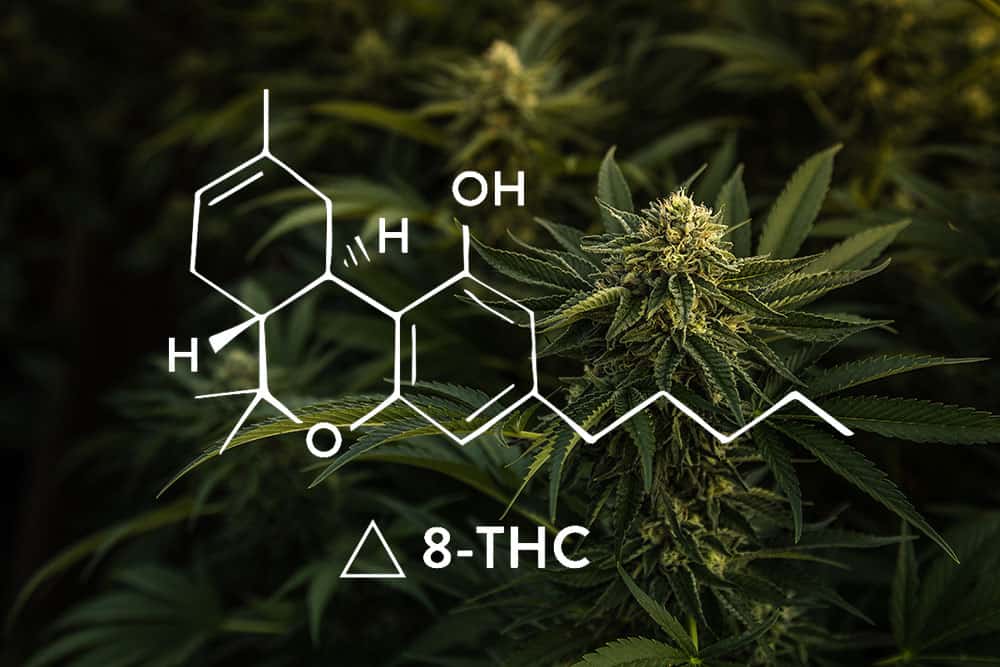When Helping Turns Into Hurting
Having a family member, especially a teenager, that is struggling with substance abuse is difficult for everyone involved. Addiction impacts every member of the family differently. It can cause grief, pain, anger, sadness, and a variety of other emotions. When your teen is in active addiction, it can be incredibly easy to get caught in the trap of enabling them. As a parent, your first instinct is to want to help. You want to solve all their problems, offer support, and fix everything that has gone wrong for them. Many times, by doing your best to be there for them, you are actually making it easier for them to continue their destructive behaviors.
What Is Enabling?
Enabling is any behavior that allows your teenager to continue their drug or alcohol use. The Merriam Webster Dictionary defines enabling as “giving someone the power, authority, or means to do something”. This includes many actions that may look or feel like you’re helping your teen through their difficult times, when in reality, you’re only allowing their negative and addictive behaviors to continue.
Signs That You’re Enabling Your Teenager
Ignoring Or Minimizing Your Teen’s Addiction-Related Behaviors
Behaviors that are unhealthy and dangerous accompany every person’s addiction, including your teen’s. It’s easy for parents to dismiss behaviors and to convince themselves that what their child is doing “isn’t that bad” or that they’re “just being kids”. By having this mindset and pretending that nothing is wrong, you are allowing them to continue their harmful behaviors without consequences.
Blaming Environmental or Situational Factors For Behavior
It’s incredibly easy to blame addiction on a multitude of factors. Other people, negative situations, or an environment could have contributed to your teen’s dependency on drugs or alcohol, but in the end, they must “own up” to their problem in order to get help. Holding your teen accountable for their actions is necessary in order for them to acknowledge that they have a problem, and to begin working through it.
Feeling Unable To Express Emotion To Your Teenager
Expressing emotions and feelings to those close to your is a natural part of life. But when someone close to you is also struggling with substance abuse, it can be difficult to express to them what you’re feeling. It’s natural to feel anger, sadness, and frustration towards your teen, but expressing it to them may mean that they lash out, cry, or ignore you. Withholding your emotions from them will only lead to feeling resentment towards them and can convey a message to them that you’re indifferent about their use.
Difficulty Saying “No”
Individuals struggling with substance abuse often have a hard time hearing the word “no”. They often become resentful, angry, or hostile when they don’t get their way, or when someone refuses to participate or contribute to their dependency issues. You have a genuine desire to help your child, so when they get themselves into a situation they can’t easily get out of, you want to rescue and bail them out. You may be avoiding a conflict or protecting yourself by giving in to their desires, but in the long run, you’re only giving them the power to continue using drugs and alcohol
Blaming Yourself For Their Actions
When your teen is struggling with substance abuse, it becomes very easy to blame yourself. You tell yourself “I should have been a better parent” or “I could have stopped this from happening”. The reality of the situation is that your teenager has a disease, and they need help. An addicted person is responsible for their own actions and behaviors, just like you and I are. It’s incredibly common that their needs will exceed your ability to help them, and as long as they are using drugs and alcohol, their problems will only get worse.
Breaking The Cycle of Enabling
After realizing that you’ve been enabling your teen in their addiction, it’s common to feel helpless. Undoing the habits that you’ve built is no easy challenge, but here are some tips for getting started:
Seek Out Support For Yourself
You are not the only parent who has a teenager struggling with a substance abuse problem. Recognizing that your teenager has a problem takes strength, just as it takes strength to get help for yourself as well. Consider attending an Al-Anon or Nar-Anon meeting, which are twelve step communities that support the family members of addicts and alcoholics. Additionally, Sandstone Care offers parent support groups once a week in our Denver, Boulder, and D.C. offices.
Stop Putting Up With Abusive Behavior Patterns
Individuals in active addiction often have habits of being verbally, emotionally, and in some cases physically abusive. Even if it’s your own child doing this, it doesn’t make it okay. Setting the expectation that you will be respected and that this behavior will not be tolerated is a great place to start ending the cycle of these abusive patterns.
Set Appropriate & Healthy Boundaries
Setting boundaries is a part of any healthy relationship. Setting boundaries with someone in active addiction is a key step to freeing yourself from their negative actions. It’s easy to give in to every want and desire that your teen may have, but it’s not necessarily healthy. Letting your teen know where your boundaries lie is important. Enforcing those boundaries is crucial.
Do What You Say You’re Going To Do
In order to stop enabling, you must maintain consistency. When you set boundaries, stick to them. Consistency and structure are very important for someone who is trying to make positive changes to their life, especially changes that will impact their drug and alcohol use.
“No” is one of the most powerful words in our vocabulary, and simultaneously one of the most difficult to say. Just as you told your child “no” when they were young and couldn’t make informed decisions for themselves, telling them no now is just a means of protecting them, as well as yourself.
Enabling Is Just As Unhealthy For You As It Is For Your Teenager
Johann Hari once said “The opposite of addiction is not sobriety, it is connection”. Addiction is a disease affects the whole family, so when a loved one is struggling, it can take a huge toll on family dynamics, relationships, and overall mental health. You have likely expended a huge amount of energy, and it’s begun to exhaust you. Taking a step back from the unhealthy expectations that your teen has may allow you to have some clarity and evaluate the next best steps for your teen, your family, and yourself.
Choosing a treatment program that will provide support for the whole family is crucial to rebuilding relationships and having healthy communication. Sandstone Care takes pride in the strong family component that is consistent throughout the long term treatment options we provide. Between parent support groups, family immersion programs, and family therapy, we always encourage the healthiest relationships possible. We understand the importance of getting the family involved early, and having their involvement stay consistent throughout treatment.
Sandstone Care works with teens, young adults, and their families to overcome challenges regarding substance use, addiction, and mental health conditions. We strive to provide the motivation, tools, steps, and community that will produce lasting outcomes. Consider scheduling an in-person assessment with one of our clinicians to talk about what would be best for your teen, your family, and you.





